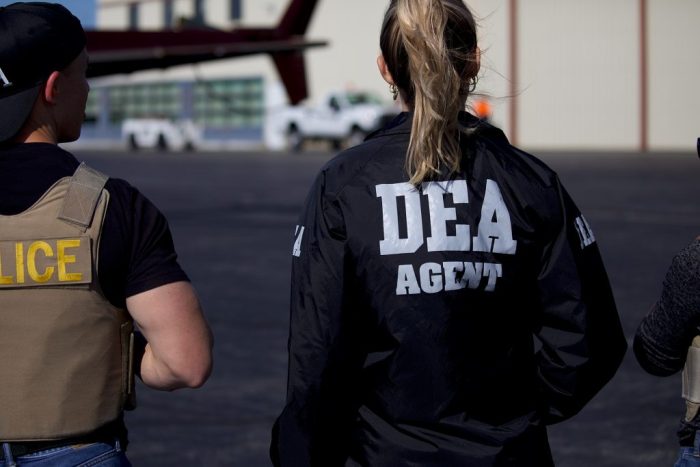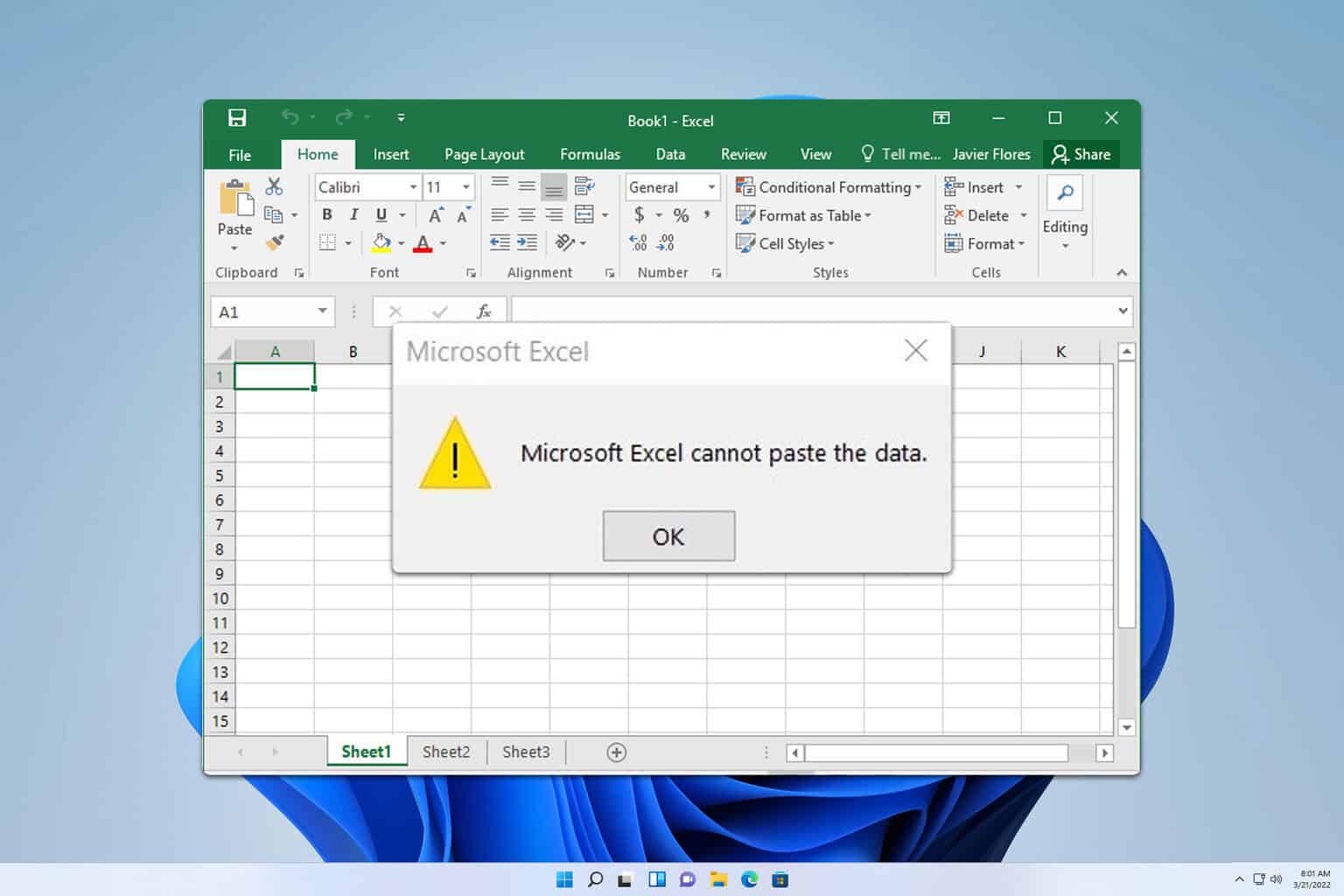Emails surface detailing Microsoft’s facial recognition pitch to DEA shortly before new stance
4 min. read
Published on
Read our disclosure page to find out how can you help Windows Report sustain the editorial team Read more

Microsoft might have earned some civil justice cred last week when news outlets reported on its newly adopted stance on facial recognition that needs to be “grounded in human rights” graced the headline of several news outlets, but it seems the company’s altruism may have been forced rather than earned according to newly surfaced emails.
BuzzFeed News is reporting that until recently, Microsoft has tried on several occasions to sell its facial recognition technology to the government over the years and while the company specifically called out local enforcement through their recent advocacy, as recently as 2018 it tried to pitch its facial recognition to the Drug Enforcement Administration.
Documents gathered by the American Civil Liberties Union (ACLU) details conversations between Microsoft and various federal agencies regarding the sale and purchase of the software providers’ facial recognition technology.
In particular,
“Great chatting with you yesterday. Here is a recap of what I have in mind.
I am getting the Microsoft Cognitive Services Group to come in from Redmond to discuss use-cases for their Media Services. As you may be aware, Microsoft Azure has many of these services (Translation, Transcription, Video Processing, Facial Recognition, etc.) running the Public Azure. Microsoft has only some of these services running in the Microsoft Azure Government (MAG) Cloud and they are looking at what else needs to be transitioned over to MAG.
They are also looking at what needs to be developed. The great news is that MAG is FISMA-FEDRAMP High, the same as Firebird, so we can do Law Enforcement Sensitive things in it. I am kicking off a pilot project and would like to start thinking about a variety of sample recordings (video and audio) that we could play with to exercise these services. Perhaps you have some that are not sensitive that we could use?”
While the name of the officer has been redacted for security purposes, the person with whom Microsoft was supposed to meet with, holds the title of Chief Technology Officer for the DEA.
In November 2017, DEA reps made a trip to Microsoft’s Reston, Virginia office to get a first-hand demo of its Azure-based cognitive services that included facial recognition technology with an emphasis on “Face API and develop a face database.”
Communications between Microsoft and the DEA imply there was no documented evidence that anything became of the meetings and, Microsoft president Brad Smith spoke on behalf of the company in July 2017 eventually stress these need for thoughtful government regulations” regarding the use of facial recognition in law enforcement.
At the moment, it’s unclear whether Microsoft’s new stance on the use of facial recognition is tied to its seemingly failed pitches to government agencies or if it was developed in parallel and the timing of events is coincidental.
As an aside, a senior Microsoft SME attempted to meet once again with the DEA shortly after Smith’s open call for stricter regulations but before the company’s public declaration to not sell facial recognition to law enforcement until the company was satisfied with new laws set in place. In November 2018, the unnamed Microsoft SME sent another email to a DEA rep asking for a meeting, once again, regarding the use of Microsoft’s facial recognition technology.
While the ACLU’s lawsuit which has brought the email communications to light it doesn’t seem to cover recent communications between Microsoft and government agencies in regard to facial recognition. It remains unclear if the company is now using legalese to skirt around its own definition of law enforcement involvement to eventually service the government with facial recognition technology.
Despite Microsoft’s recent stance on facial recognition, the company does maintain several contracts with other law enforcement agencies in the US that include the Immigration and Customs Enforcement (ICE) and Department of Defense (DoD) which has caused a bit of consternation among the company’s employees.
In the end, Microsoft can only be judge by its actions and thus far, its facial recognition technology hasn’t made its way to law enforcement, how long that holds is up to the software company.









